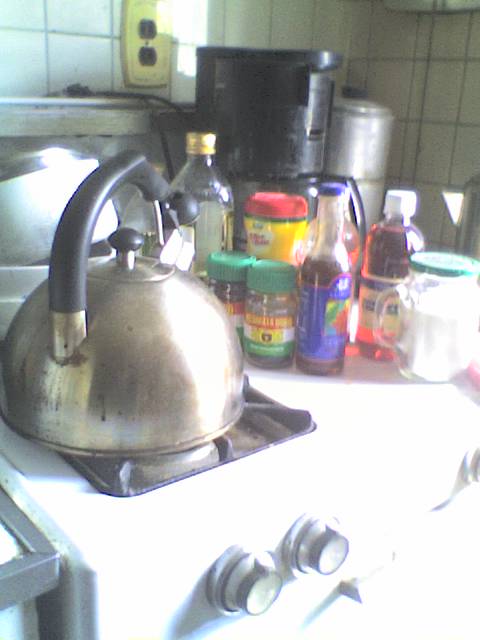A vegan surrounded by meat? Sounds strange yet that's what's happening with a new generation of butchers. Vegans know more about the meat industries and its' many cruelties, then any old school meat man or woman. They can actually bring a kinder, gentler approach to how meat is.
Melissa Clark,who writes A Good Appetite column in the Wednesday New York Times food section , wrote about vegan or ethical butchers in today's food section. They want to revolutionize the current US food system. Their shops sell meat from animals bred on grassland and pasture, with an emphasis on animal well being, environmental conservation and less wasteful whole animal butchery. This is a complete turn around from the industrial like factory farming. It has constantly been criticized for its' overuse of antibiotics,, waste and inhumane treatment of animals. The outcry has been strong, however, and some butchers are changing their practices. Yet, it is not enough, according to the more ethical ones.The system needs to be re-evaluated and redesigned.How did it all start?Namely with Michael Pollan, the writer (and brother and son of Tracy and Corky Pollan). His 2002 article in the New York Times magazine exposed the abuse of factory farmed beef cattle and his subsequent 2006 book, The Omnivore's Dilemma.
One question the book raised was can a person kill an animal for food. This struck a chord with many people, including vegans and vegetarians. They had wanted to change the horrible factory farming system. For one ethical butcher, Janice Schindler, the introduction to her new profession was a live Thanksgiving turkey at a "Kill Your Own Turkey Dinner "event at a local farm. The "process" started with putting it in a poultry cone, a roll of metal or sturdy plastic that looking like a giant decorating nozzle. The position relaxes the animal, allowing the butcher to cut the an artery. It stuns and then they bleed. She then spent the day at the eviscerating table. Many vegan butchers that Ms Clark interviewed had similar epiphanies. That this form of butchery is not as "gruesome" and can help the planet.It regenerates large swaths of grassland, although not all studies show improved carbon sequestration on the land. Two other problems are vitriol from fellow vegans and the price of ethical meat is considerably pricey.What's recommended is on the last , don't buy that much of it and eat more plant based foods.
Ethical butchery may replace the mass produced inhumane way of cutting meat. Will it help the planet? Possibly? Will it make consumers more aware of what's a better way of buying chicken and beef? Absolutely.
Wednesday, August 7, 2019
A Vegan Approach To Butchery
Subscribe to:
Post Comments (Atom)




No comments:
Post a Comment